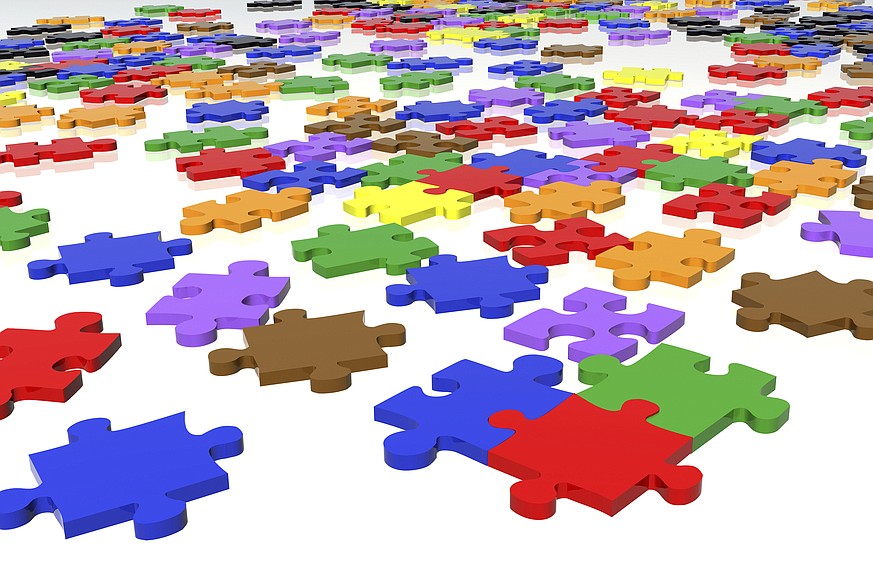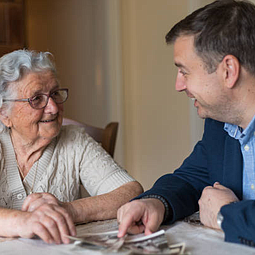Do brain training games make good Christmas gifts?
December 18, 2014 at 8:36 a.m.
Every time the public radio station here in the Bay Area holds a pledge drive, you can pretty much count on them dangling a free subscription to Lumosity’s suite of online brain training games as a way to convince even the stingiest of listeners to make a donation.
A clever ploy, especially when you consider the growing number of people who are just as interested in keeping their minds in shape as they are their bodies. But like so many things, it’s likely that what really drives this decision has a lot less to do with generosity or fitness than it does fear.
Each year American’s spend upwards of $1.3 billion on these sorts of brain boosters, all of them promising to a greater or lesser extent that the power to reverse mental deterioration is just a few clicks away. And while there are a handful of these products that do provide at least some benefit, the absence of convincing evidence prompted an international group of scientists to issue a statement denouncing both developers and the media for “exaggerated and misleading claims [that] exploit the anxieties of older adults about impending cognitive decline.”
Particularly jarring for Laura Carstensen, director of Stanford University’s Center on Longevity, is the suggestion that these games can help stave off Alzheimer’s.
“I find that unconscionable,” said Carstensen in a recent New York Times article, “because there’s zero evidence for that, and it is on top of the list of aging people’s fears.”
But does this mean there might not be other, if less entertaining, means of preventing and treating this disease?
One woman from New York shares the story of how her Alzheimer’s was reversed following a long and difficult journey of “pill-popping and visits to specialists” that eventually led her to rely on a decidedly spiritual approach to dealing with her condition.
A turning point came when she met a woman from her patient support group who, as she shares in a published account, “seemed less distressed than the rest of us.”
“One day I asked her how she managed to remain so calm in the face of such a calamity. ’When I was young,’ she replied, ‘my mother gave me a book by Mary Baker Eddy, and that book is my rock. It keeps me steady.’”
Once she began reading this book, Science and Health, herself, she began to get a better idea of what she describes as her “spiritual nature and… indissoluble relationship to God.” She also started to see a marked decline in her use of medication – to the point of giving it up altogether – and a corresponding increase in her ability to recall certain details, so much so that the leaders of her patient support group asked if she wouldn’t mind being reevaluated.
“The doctor was almost as happy as I was with the results,” she writes. “He said I had done very well, and that he had given me some tests that would not ordinarily be given to a person my age. On those tests, he said, I had scored better than the average twenty-seven-year-old. He said he had never before reversed a diagnosis of Alzheimer’s disease.”
While this story may not be enough to satisfy the standards of people like Dr. Carstensen, the correlation between increased spirituality and the reversal of the one disease that “top[s]…the list of aging people’s fears” certainly warrants further investigation.
And who knows? Maybe there will come a time when what convinces someone to make a contribution to their local public radio station is a free copy of that book that kept at least one woman “steady” in the face of adversity and reversed another’s mental decline.
Eric Nelson’s columns on the link between consciousness and health appear regularly in a number of local and national online publications. He also serves as the media and legislative spokesperson for Christian Science in Northern California. Follow him on Twitter @norcalcs.





